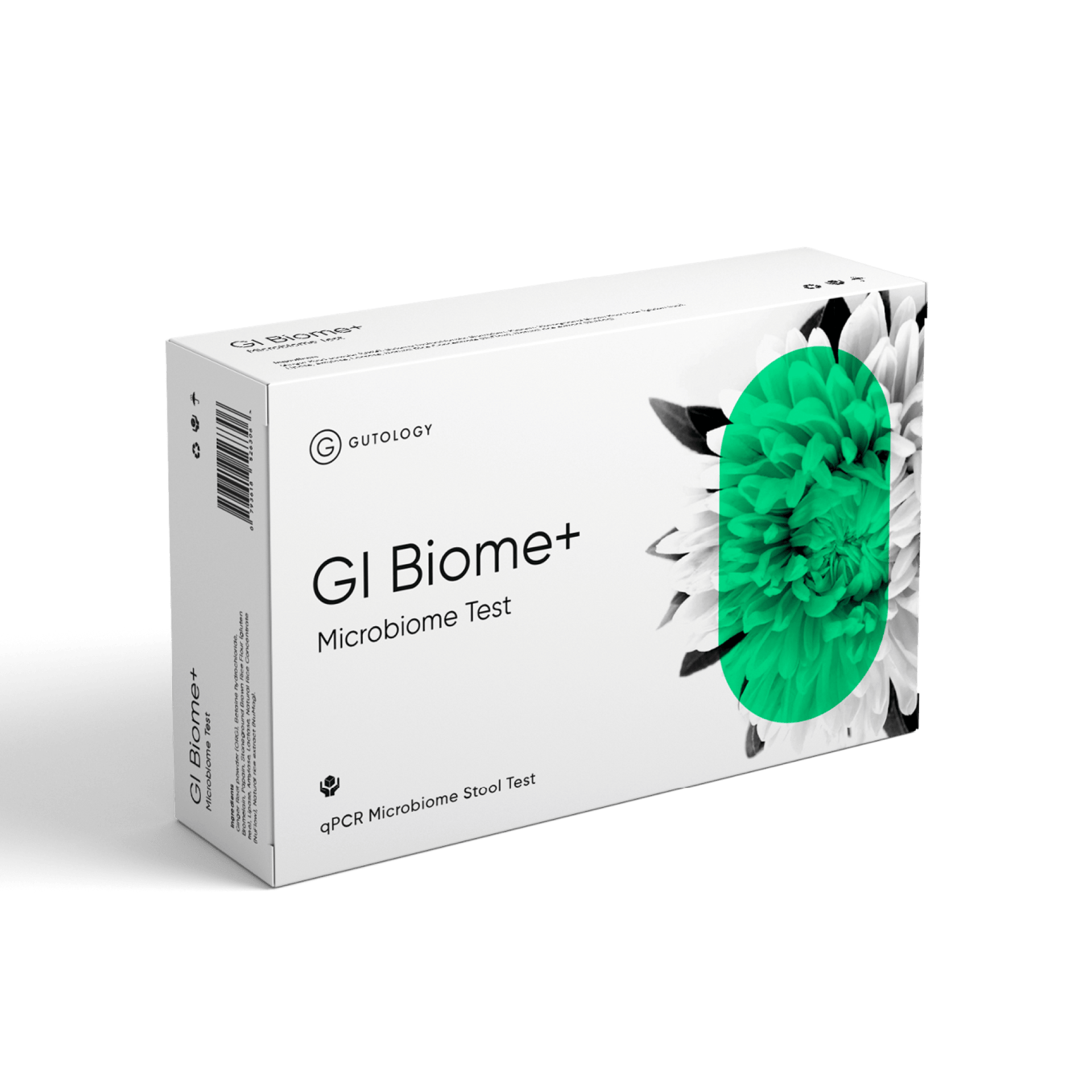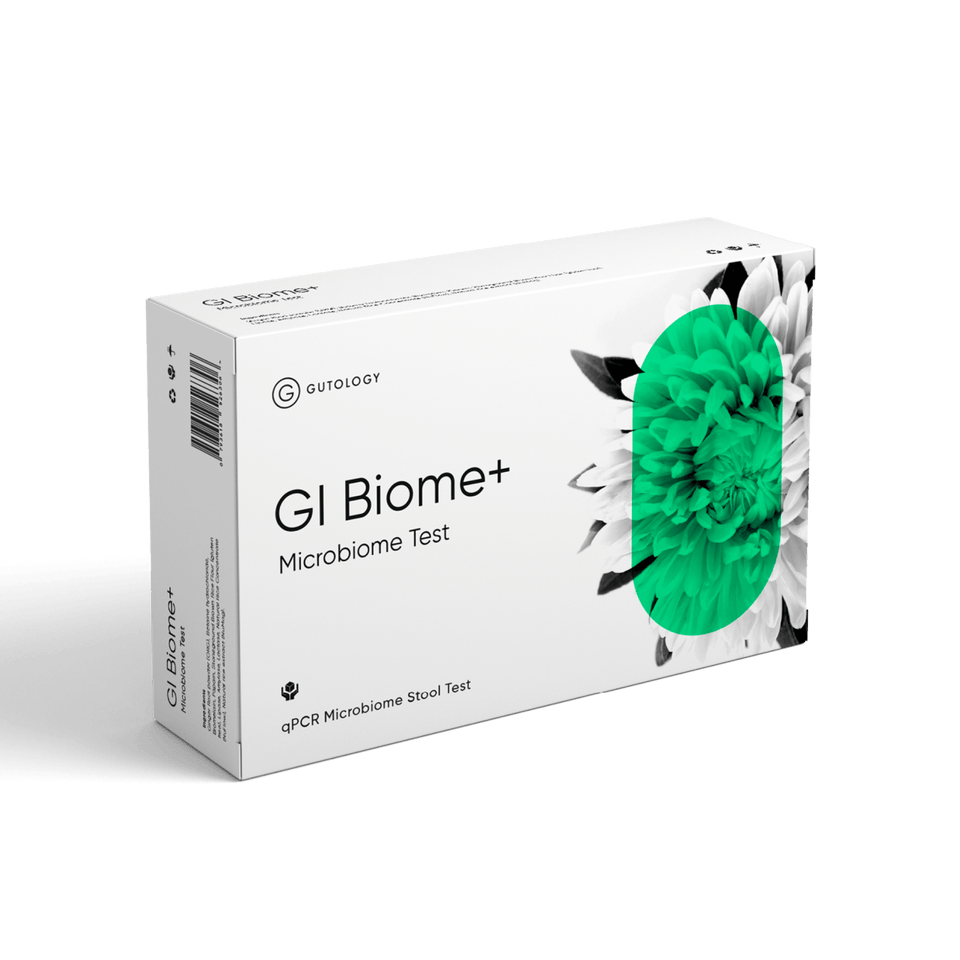Bloating is a common symptom of an unhealthy gut and is often accompanied by discomfort, excess gas and the need to loosen one’s belt or even the need to change clothing. Often the day starts with a flat belly but by the evening it has swollen considerably.1
What causes bloating?
Simply, our gut bacteria are the cause of the bloating: as they ferment food in the gut, they release gas which results in swelling. Normally, in a healthy gut, almost the only food available for bacteria to ferment is the undigestible fibre left after our digestive enzymes have worked on our food, released the nutrients and we have absorbed them. When all is working properly, the amount of gas released is manageable and does not cause a problem. Insufficient digestive secretions, an imbalance in gut bacteria, constipation and food intolerances can all contribute to bloating.1-4
How to beat the bloat
Follow our tips for ensuring your digestive enzymes and stomach acid are working properly:
- Chew your food properly, eat mindfully savouring the taste and texture of food
- Try taking a digestive tea or pickle before meals (see below for recipes), or try our digestive bitters supplement.
- You might also find benefit from reducing or avoiding wheat-based foods because wheat (as well as barley and rye) contain digestive enzyme-inhibitors that can compromise digestion and may also cause gut inflammation.5,6
- Under the guidance of one of our gutologists or a nutritional therapist, supplemental digestive enzymes may also help.
- Encourage a good balance of gut bacteria through eating a wide variety of whole, unprocessed, unrefined foods: cut out the sugar and refined carbs, reduce alcohol consumption, and increase the high-fibre vegetables.
- Probiotic foods and supplements may also help.4
- Avoid constipation. You should be opening your bowels once or twice every day, passing stools without straining that are ‘sausage-like’ in consistency either smooth or with cracks on the surface, most of the time. A diet rich in fresh vegetables and plenty of water should provide ample fibre and fluid for regular bowel movements. If you need a little extra help, psyllium husk, ground flaxseeds, prune juice and fresh ginger (in the form of ginger tea or digestive pickle), exercise and abdominal massage can be useful to get things moving.
- Don’t snack. When we haven’t eaten for a few hours, a powerful wave of muscular contraction travels through the gut, which both helps to prevent constipation, sweeps away undigested foods and any bacteria that may be feasting on them.7 This in itself can do a great deal to prevent bloating. We recommend leaving at least 3 hours between meals and avoiding eating within 3 hours of your usual bedtime.
- Be alert for food triggers for bloating that may indicate a food intolerance.
Need more help?
You can chat to a fully qualified Gutologist for free, just click the link to the chat in the corner and ask our practitioners anything.
- Iovino P, Bucci C, Tremolaterra F, Santonicola A, Chiarioni G. Bloating and functional gastro-intestinal disorders: Where are we and where are we going? World J Gastroenterol. 2014;20(39):14407-14419. doi:10.3748/wjg.v20.i39.14407
- Alkaade S, Vareedayah AA. A primer on exocrine pancreatic insufficiency, fat malabsorption, and fatty acid abnormalities. Am J Manag Care. 2017;23(12 Suppl):S203-S209.
- Brown BI. Does Irritable Bowel Syndrome Exist? Identifiable and Treatable Causes of Associated Symptoms Suggest It May Not. Gastrointest Disord. 2019;1(3):314-340. doi:10.3390/gidisord1030027
- Didari T, Mozaffari S, Nikfar S, Abdollahi M. Effectiveness of probiotics in irritable bowel syndrome: Updated systematic review with meta-analysis. World J Gastroenterol. 2015;21(10):3072-3084. doi:10.3748/wjg.v21.i10.3072
- Cuccioloni M, Mozzicafreddo M, Ali I, et al. Interaction between wheat alpha-amylase/trypsin bi-functional inhibitor and mammalian digestive enzymes: Kinetic, equilibrium and structural characterization of binding. Food Chem. 2016;213:571-578. doi:10.1016/J.FOODCHEM.2016.07.020
- Zevallos VF, Raker V, Tenzer S, et al. Nutritional Wheat Amylase-Trypsin Inhibitors Promote Intestinal Inflammation via Activation of Myeloid Cells. Gastroenterology. 2017;152(5):1100-1113.e12. doi:10.1053/j.gastro.2016.12.006
- Deloose E, Janssen P, Depoortere I, Tack J. The migrating motor complex: control mechanisms and its role in health and disease. Nat Rev Gastroenterol Hepatol. 2012. doi:10.1038/nrgastro.2012.57



